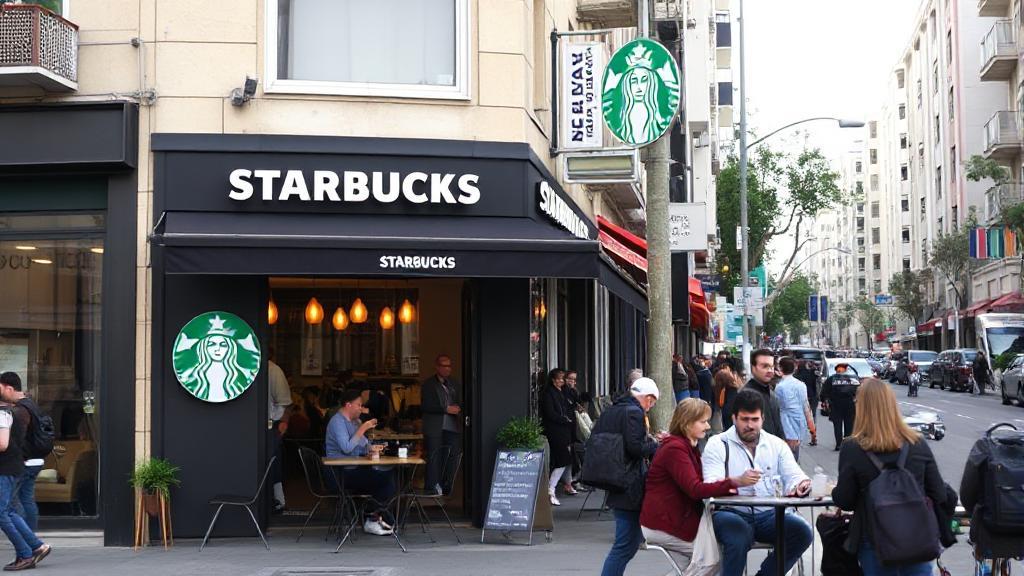Introduction
Starbucks, the global coffeehouse chain known for its ubiquitous presence in over 80 countries, has a complex history with Israel. Despite its success in many international markets, Starbucks' journey in Israel has been anything but straightforward, lasting only from 2001 to 2003.
Market Entry and Initial Operations
Starbucks entered the Israeli market in 2001 through a partnership with the Delek Group, a prominent Israeli conglomerate. The joint venture, known as Shalom Coffee Co., aimed to establish a strong foothold in Israel's vibrant café culture. The company opened six stores in Tel Aviv and surrounding areas, featuring:
- Premium positioning
- Signature Starbucks beverages
- Locally adapted menu items
- Standard Starbucks store design elements
The joint venture initially aimed to open 20 stores within the first year, with plans for rapid expansion.
Challenges and Obstacles
Cultural Misalignment
The primary challenges Starbucks encountered included:
- Strong local café culture with deeply ingrained preferences
- Israelis favoring traditional "café hafuch" over Starbucks offerings
- Competition from established local chains like Aroma Espresso Bar and Café Café
- Different service expectations (table service, longer sitting times)
Economic Factors
The early 2000s proved particularly challenging due to:
"The timing was particularly unfortunate as the Second Intifada severely impacted consumer spending and tourism." - Business analyst quoted in The Jerusalem Post
The period was marked by significant economic instability, affecting consumer spending and overall business confidence.
Withdrawal and Financial Impact
In April 2003, just two years after its entry, Starbucks announced its withdrawal from the Israeli market. The financial impact was substantial:
In an official statement, Starbucks emphasized that the decision was purely business-related and not influenced by political factors.
Current Status and Legacy
As of today, Starbucks maintains no physical presence in Israel. However, the brand's products, such as coffee beans and instant coffee, are available through various importers and online platforms. The Israeli coffee market has evolved significantly since Starbucks' departure:
- Local chains like Aroma and Café Café dominate
- Independent specialty coffee shops are thriving
- International chains maintain limited presence
- Other chains like Coffee Bean & Tea Leaf have entered the market
Future Prospects
While there have been occasional rumors and speculations about Starbucks' potential re-entry into the Israeli market, no concrete plans have materialized. The company continues to maintain business relationships with Israeli technology firms and suppliers, and monitors global markets for favorable conditions.
Useful Links:
- Starbucks Global
- Israel Coffee Association
- Aroma Espresso Bar (Hebrew)
- Café Café (Hebrew)
- Statista - Coffee Industry
Note: Some links may require subscription or registration for access.
